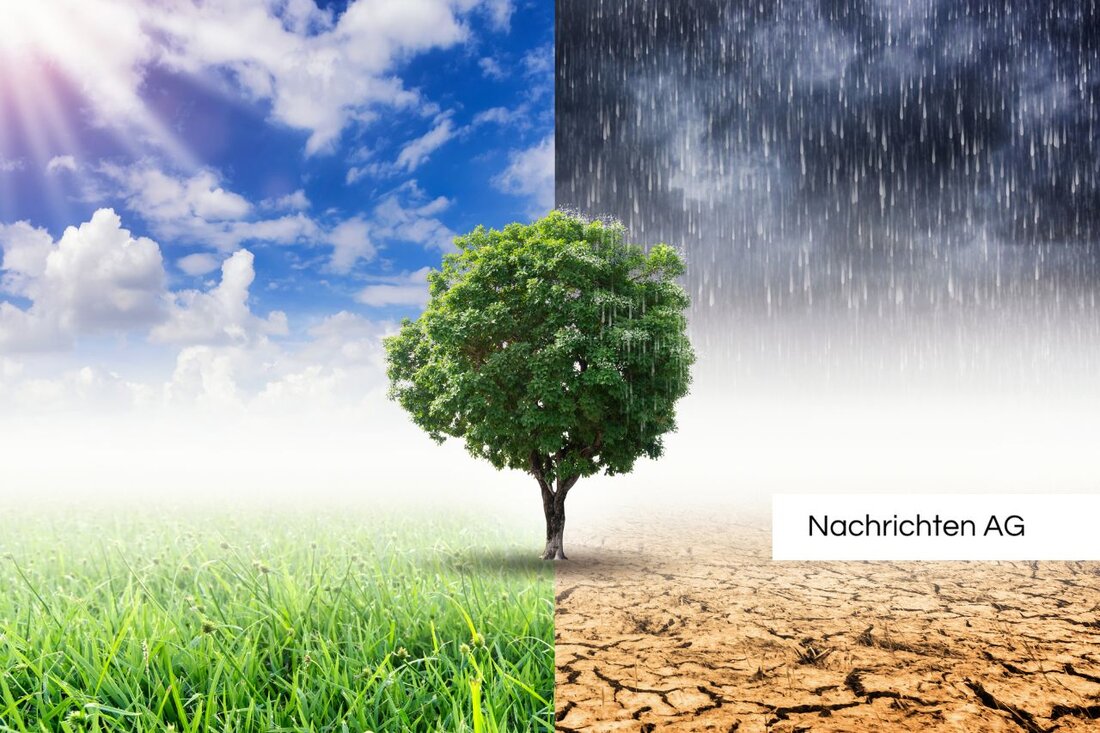EU loosens climate targets: suicide by installments in energy policy!
EU environment ministers relax climate targets despite global energy transition. Analysis of the political and economic effects on climate protection.

EU loosens climate targets: suicide by installments in energy policy!
On November 6, 2025, the EU environment ministers decided to relax the binding climate targets. This comes at a time when China is accelerating its energy transition and Europe is facing the sharpest temperature rise in the world. The situation is also characterized by dependence on fossil fuels, which is further exacerbated by geopolitical changes. Rising natural gas prices are also making the EU vulnerable to political blackmail.
Current decisions by EU governments result in unconditional support for fossil fuels, although renewable energies such as wind, photovoltaics and water help reduce electricity prices. Nevertheless, despite the positive developments in the field of renewables, the EU is failing to strategically move away from the privileges of the fossil energy sector. The structural change towards renewable energies not only brings with it challenges, but also new opportunities; It is predicted that sales of electric cars in Europe will reach new record levels by the end of 2025. EcoNews reports that EU energy policy is criticized as economically suicidal.
Background on the climate issue in the EU
The main focus of European climate protection policy is to mitigate the effects of climate change, reduce activities that are harmful to the environment and the climate, and adapt to climate change. The EU's climate science objectives are influenced by international frameworks such as the Kyoto Protocol and the Paris Agreement. In 2020, greenhouse gas emissions in the EU amounted to around 3 million kilotons of CO₂ equivalents, with the energy sector accounting for 26% of emissions. Federal Environment Agency highlights that the EU exceeded its 2020 targets, particularly necessitated by the coronavirus pandemic.
A central component of the EU climate policy is the EU Green Deal, which was passed in December 2019 and aims to achieve climate neutrality by 2050. For this purpose, national energy and climate protection plans are required in which the member states must report on their emission reductions and the expansion of renewable energies.
Renewable energies and their development
In 2023, renewable energies already covered 25% of the EU's gross final energy consumption. The share of renewable energies in the electricity sector is now an average of 45%. Denmark leads with an 87.5% share of renewable electricity, while Germany plays a key role with 31% of installed photovoltaic capacity in the EU. Interestingly, the trend also shows an increase in wind energy production, which has grown by 128% since 2013, Destatis reports that the energy transition in Europe is progressing, although in some EU countries over 50% of electricity is still generated from fossil fuels.
Transport emissions are another important issue, as road transport accounts for around 25% of all greenhouse gas emissions in the EU. It is forecast for 2024 that 80% of newly registered cars in Germany will still use combustion engines. However, the goal of only allowing zero-emission new cars to be registered from 2035 is a step in the right direction in combating climate change.
Overall, the EU has a responsibility to further reduce its emissions in order to achieve the climate goals it has set itself and to meet the challenges posed by climate change and geopolitical dependencies. However, current political decisions could endanger both climate goals and economic stability in the long term.

 Suche
Suche
 Mein Konto
Mein Konto